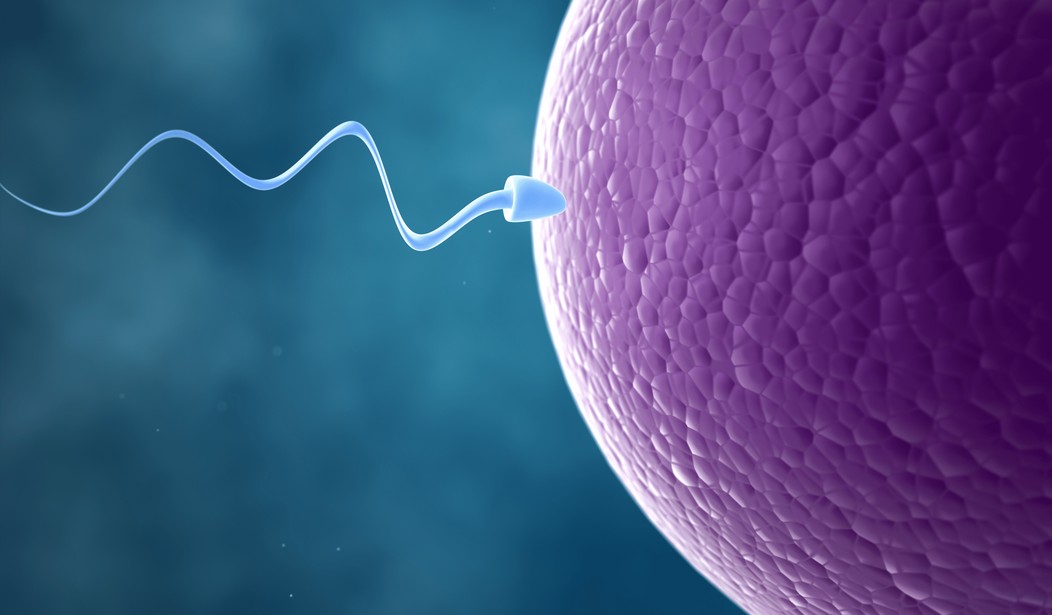In 2015, my family and I took a Baltic Sea cruise that included two days in St. Petersburg, Russia. Our tour guide for our excursions into the city, including the most lavish czarist palaces, was a music professor at the local university who spoke English fairly well, and had visited Europe and the United States. As we peppered our tour guide with questions about Russian life, he would often answer with jokes and amusing stories.
One story had to do with Russian President Vladimir Putin’s concern with Russia’s low fertility rate. To address the problem, Putin started a program where he offered $200 to encourage couples to have children. The Russians reacted to the program the same way Russians reacted to 80 years of failed Soviet programs. The joke on the street was, “Maybe if he paid us $200 every time we tried to conceive, we might cooperate.”
Putin had reason to be concerned. After the fall of the Soviet Union, Russia’s economy was in ruins and many couples put off having children to the point that Russia’s fertility rate dropped to an historic low of 1.17 births per woman in 1999. (The figures used in this article are from a CIA database.) In order to keep a population constant when mortality rates are included, an industrialized nation has to have a fertility rate slightly higher than 2.0. Poorer countries require much higher fertility rates due to higher mortality rates.
But Russia isn’t the only country in trouble. A number of European nations are in a near panic. The average fertility rate for the European Union is 1.61. Italy, Germany, and Greece are near 1.43. Great Britain is at 1.89 and the U.S. rate is 1.87. As for current day Russia, either the economy has picked up or Putin’s money incentive has had an impact because Russia’s birthrate is up to 1.61.
Like Putin, other national leaders have attempted to address this problem. The Italian government’s “Fertility Day,” launched on September 22, 2016, was that country’s latest attempt to try to get women to have babies. But the backlash was so intense, the government pulled ads and cancelled the program. Italian women argued the program was insulting and said if the government was really interested in promoting more babies, it would have better welfare programs to help women have and raise babies and keep their jobs.
We once celebrated baby showers. But today, it’s not unusual to come across men and women joyously proclaiming they have no intentions of having children, with some couples holding vasectomy parties to celebrate choosing to be childless. Not every person can or should be a parent, but your country might be heading for a national crisis if adult diapers are outselling baby diapers, as is the case of Japan and rapidly becoming the norm elsewhere.
As a growing number of people unfairly shift parenting to an ever smaller number of altruistic others, something has to give in the production of future workers – and taxpayers. One solution to the problem is creating more intelligent robots to do the work that was once performed by humans. Although automation has a place, it doesn’t address the problem of having an upside-down age pyramid.
The interim solution chosen by many nations is to ignore their borders, allow anyone in who wants to come in, and just argue they are doing it for humanitarian reasons. However, unchecked immigration and migration may have short term benefits but could have long term cultural, social, and financial costs. But more importantly, it doesn’t work for all countries. Japan respects its national identity too much to allow anarchy at its borders. And no one is breaking laws to get into Russia.
As women in industrialized countries choose to have fewer or no babies and women who do decide to have children demand more government support, especially as single mothers, the traditional male/father role is becoming a thing of the past. In fact, fathers are seldom even considered when discussing this topic. It’s almost as if bringing up marriage or having a man to help provide support is too offensive to suggest as a solution.
France is one of the few European nations with a fertility rate close to 2.0, although it is falling. Others include some of the Nordic countries. What these countries have in common is their huge social welfare programs. Unfortunately, intentionally or not, these programs also help weaken the need for husbands/fathers specifically, and the traditional family generally.
With little need for traditional male responsibilities, manhood and fatherhood have become nothing more than jokes. Television, films, ads, music, and other media reflect societal attitudes, and we find the male/father figure is typically displayed as a buffoon. We’ve gone from Ward Cleaver to Homer Simpson; from “Father Knows Best” to “Family Guy;” and from “Wait ’till your father gets home,” to “I don’t know who your father is.”
Motherhood is more biologically complex than fatherhood, so it will be with us for a while longer. But with advances in reproduction technology and the increasing rejection by Western women to have children, we might be seeing the beginning of the end of motherhood as well – except possibly for the Amish. This doesn’t mean in the future you may be able to enjoy an airplane flight without a child in the row behind you kicking your seat. It means the mechanism to create and raise the next generation of seat kickers might be radically different than today as governments move from providing cradle-to-grave amenities to fertilization-to-cremation services.
In the United States, Uncle Sam has already become Big Daddy to most of us and Sugar Daddy to many of us. The next step is for Uncle Sam to become everyone’s Baby Daddy. That’s a nightmare many of us don’t want to think about. But we should keep in mind that although technology can give the state the ability to produce the next generation, only we can give the state the authority.
A few years ago, a British survey found that “mother” was considered the most beautiful word in the English language (“father” didn’t make the list). But in any language, the word used for “mother” would elicit the same emotional response, because childbirth is one of life’s great noble acts. Thus, no other word in human experience represents such strong instinctive images of security, comfort, and unselfish love. In its many colloquial forms, it is usually the first word we say, and for some of us, the last.
What social tsunami will we create when “father” and “mother” become anachronisms? What brave new world will we be embracing? There are many who would consider the end of fatherhood and motherhood a good thing. But nature always balances the books, and “good things” tend to come with great costs.









Join the conversation as a VIP Member